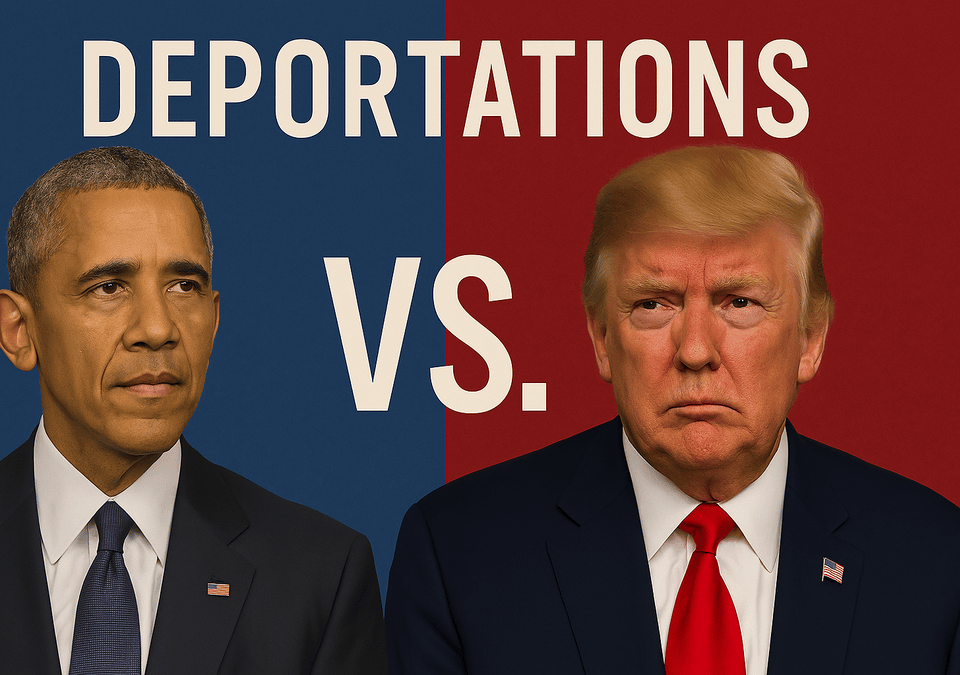
Upgraded AMECA is SHOCKINGLY Real: Turns Into Anyone You Want in Seconds
July 21, 2025
Nicole Scherzinger says you either get Cats or you don’t 😹
July 22, 2025The Fading Echo of ‘Drain the Swamp’
The political lexicon is a dynamic landscape, with phrases rising and falling in prominence, reflecting the shifting tides of public sentiment and political strategy. Among the most memorable and potent slogans of recent memory was “drain the swamp,” a rallying cry that resonated deeply with a segment of the American electorate, MAGA. Yet, as quickly as it surged to ubiquity, the phrase seems to have receded into the background, rarely heard even from its most prominent proponent, Donald Trump. The disappearance of “drain the swamp” from the daily discourse is a curious phenomenon, hinting at a complex interplay of unfulfilled promises, rhetorical fatigue, and evolving political narratives.
The very nature of political rhetoric means that slogans are often situational. “drain the swamp” was particularly effective as an outsider’s critique of the existing power structure. Once Trump became the incumbent, the dynamic shifted. It became harder to credibly use the phrase when he was, by definition, in the swamp, leading it. The narrative needed to adapt from one of disruption to one of governing, even if that governing was still framed as unconventional.
The fading echo of “drain the swamp” is a testament to the ephemeral nature of political slogans. Its initial power lay in its ability to articulate a widespread frustration and offer a seemingly straightforward solution. Its decline can be attributed to the inherent difficulty of fulfilling such an ambitious promise, the inevitable wear and tear of rhetorical overuse, and the natural evolution of political priorities. The phrase itself has largely been retired, a relic of a specific moment in political history.
In the wake of COVID-19, the U.S. government ballooned its annual budget from $5 trillion to over $7 trillion, ostensibly to address an emergency. But instead of returning spending to normal levels once the crisis subsided, the Big Beautiful Law cemented that elevated spending as the new baseline. It represents the normalization of crisis-level fiscal policy in peacetime. Rather than dismantle the bloated administrative state, the bill gave it new life, adding layers of regulation, expanding federal jurisdiction, and creating new bureaucratic entities. This development runs counter to the populist and constitutional conservative goals of shrinking government and returning power to the states and the people. Did President Trump drain the swamp, or swim in it?

C. Rich is the voice behind America Speaks Ink, home to the America First Movement. As an author, freelance ghostwriter, poet, and blogger, C. Rich brings a “baked-in” perspective shaped by growing up on the streets and beaches of South Florida in the 1970s-1980s and brings a quintessential Generation-X point of view.
Rich’s writing journey began in 2008 with coverage of the Casey Anthony trial and has since evolved into a wide-ranging exploration of politics, culture, and the issues that define our times. Follow C. Rich’s writing odyssey here at America Speaks Ink and on Amazon with a multi-book series on Donald Trump called “Trump Era: The MAGA Files” and many other books and subjects C. Rich is known to cover. CRich@AmericaSpeaksInk.com
“America Speaks Ink is a Google News approved source for Opinion”





